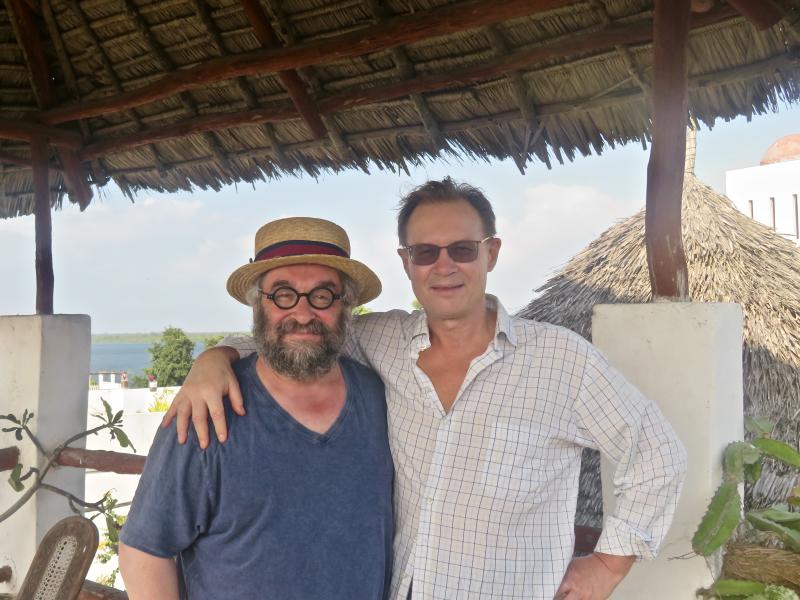×
The Standard e-Paper
Join Thousands Daily

In the June of 1998, a 42-year-old Russian-American university professor of literature held the opening talk of what he called the Summer Literary Seminars (SLS).
This was in St Petersburg, Russia, a great literary city that he had immigrated from only 12 years before, barely able to speak English – but returned to as a lecturer in English literature at Union College, NYC.